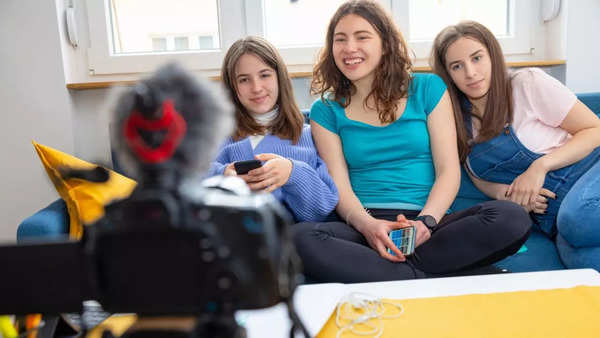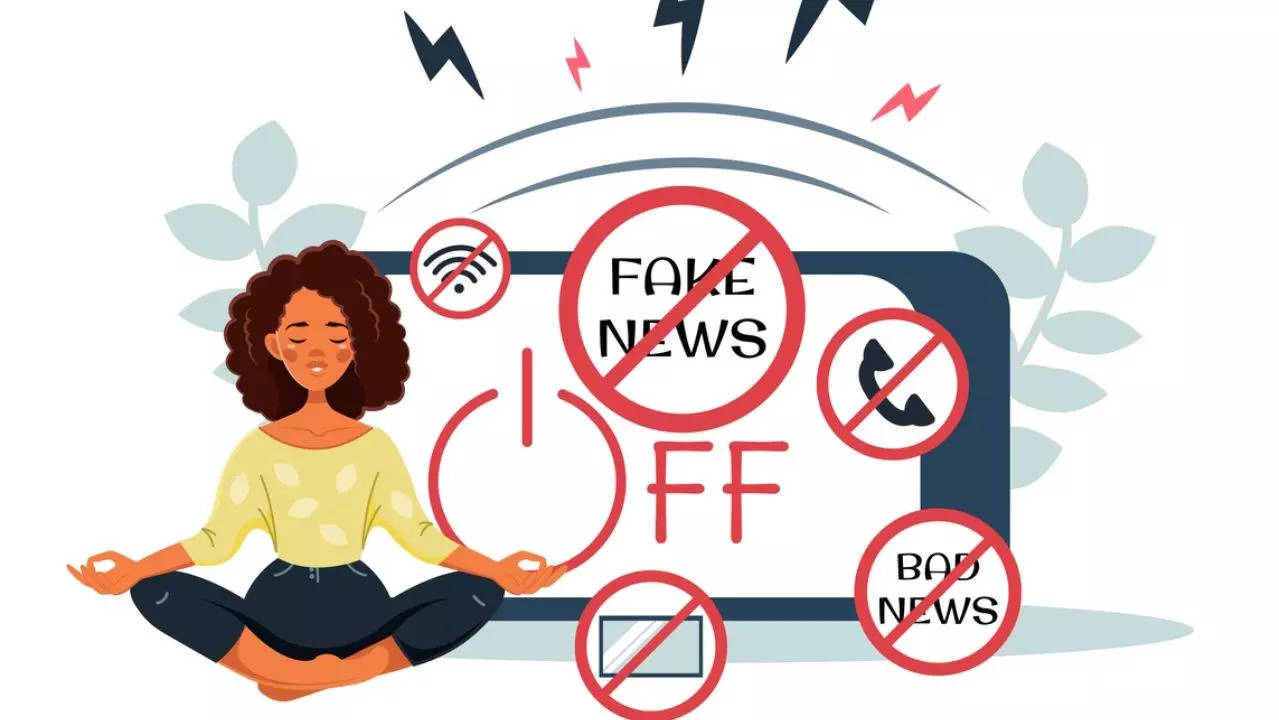Australia has imposed a social media ban for children aged under 16, becoming the first country to pass such a law. The law, which has emerged after an intense and emotional national debate, sets a tough precedent, which will prevent Meta (Facebook and Instagram) and TikTok from allowing children below 16 to login to their platforms or they may face fines of up to A$49.5 million ($32 million). The ban will be enforced after a trial period beginning in January, with the law fully taking effect in a year.
Social media can severely impact the mental health of children as demonstrated by several health studies done over the years. However, a few against the ban opined it would deprive young teens from exploring their passions through social media and restrict a creative outlet.
However, the risks of using social media seem to outweigh any benefits as the platforms can have profound effects on the mental, physical, and emotional health of young users.
Improve mental health
Social media can significantly hamper children’s health and this has been proved by many studies over the years. Excessive use of platforms like Instagram and Facebook can lead to anxiety, depression and low self esteem among teens.
According to a study published in JAMA Psychiatry (2021), teens who spend more than three hours per day on social media are at a higher risk of developing mental health issues like depression and anxiety.
The Royal Society for Public Health (RSPH) in the UK published a report saying that social media platforms like Instagram and Snapchat can have negative impact on young people’s mental wellbeing, especially regarding body image. Banning social media is expected to drastically improve children’s mental health.
Improve sleep
Staying glued to social media is linked to increased screen time for children, which can also impact the quality of their sleep. Not only do kids compromise on their sleep hours by endlessly scrolling through different social media platforms, but also blue light emitted by the screens during night can affect melatonin production, a hormone which promotes sound sleep. A good night’s sleep of 8-10 hours per night is important for adolescents as per National Sleep Foundation.
Reducing screen time can help young teenagers fall asleep on time and correct any sleep-related issues due to overexposure to gadgets.
Address obesity issues
More screen time also means less physical activity. Due to the addictive nature of social media, many children stay glued to it for hours, checking reels on social media updates. The World Health Organization (WHO) reports that children aged 5-17 should engage in at least one hour of physical activity each day. Cutting screen time can encourage children to step out of their homes and engage in outdoor sports, which could reduce health issues related to obesity.
Reduce peer pressure
Adolescents are vulnerable to peer pressure and are influenced by the behaviors they see online. Not using social media can take that pressure off them. Social media can lead to distorted sense of reality, especially regarding relationships, friendships, and identity. Not using it can prevent them from developing unrealistic expectations from the world around them.
#LifelineSeries: How does social media impact our mental health?
I’m Manas Ranjan Sahoo: Founder of “Webtirety Software”. I’m a Full-time Software Professional and an aspiring entrepreneur, dedicated to growing this platform as large as possible. I love to Write Blogs on Software, Mobile applications, Web Technology, eCommerce, SEO, and about My experience with Life.





